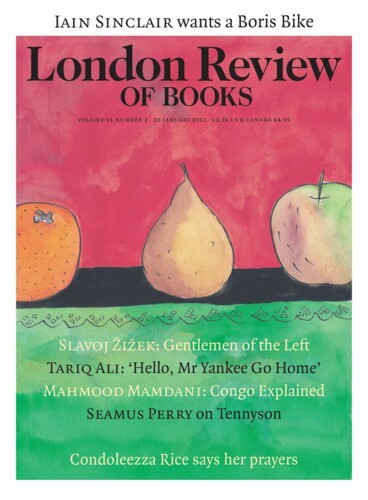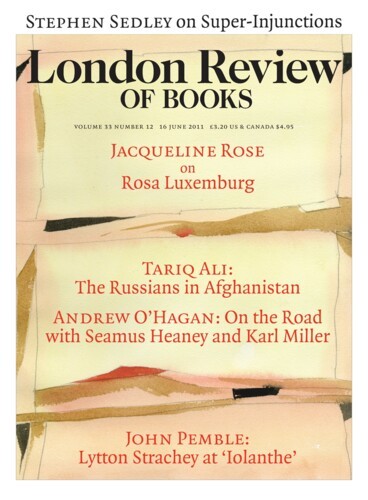The Invention of the Indigène: Congo Explained
Mahmood Mamdani, 20 January 2011
For the institutions that claim to represent ‘the international community’ – the Western press, international NGOs and UN agencies – the armed conflict in the Democratic Republic of Congo has been a paradigm of senseless violence. The number of casualties is indeed staggering. In 2001, the New-York-based International Rescue Committee started providing estimates of...




